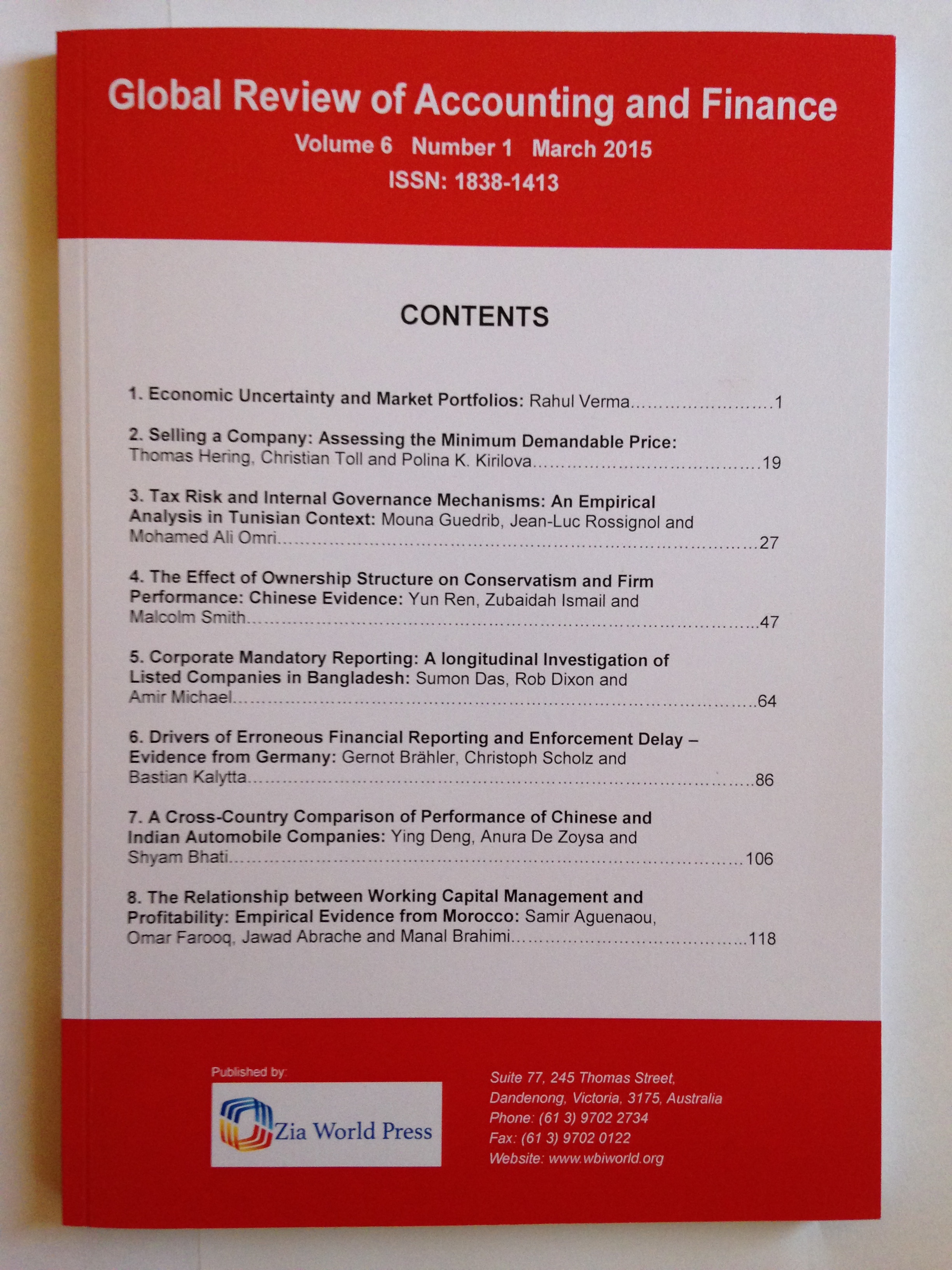September
2020

September 2020 (Global Review of Accounting and Finance)
Total Articles - 5
